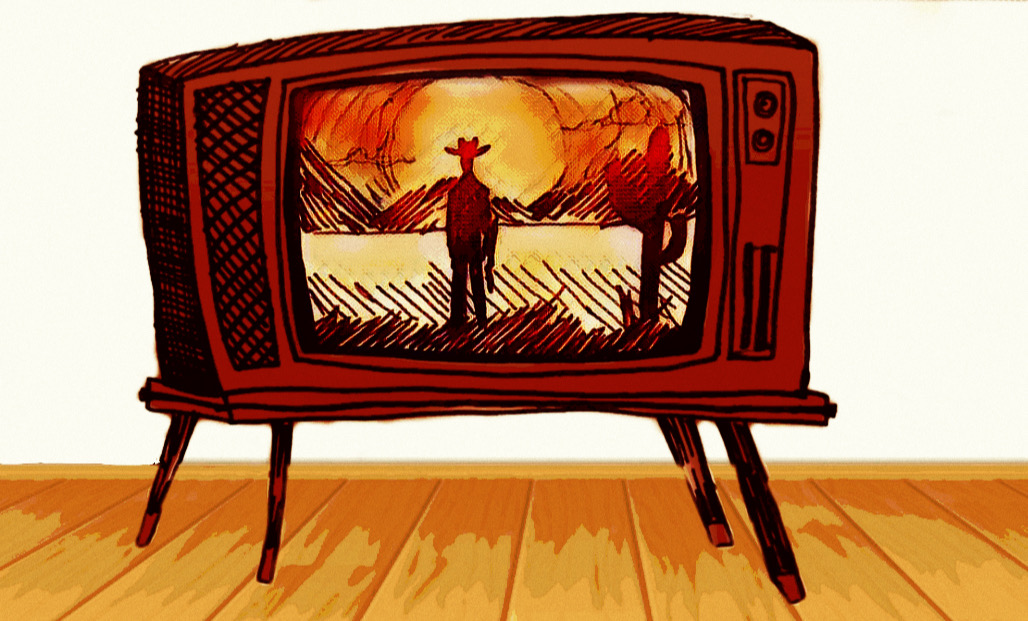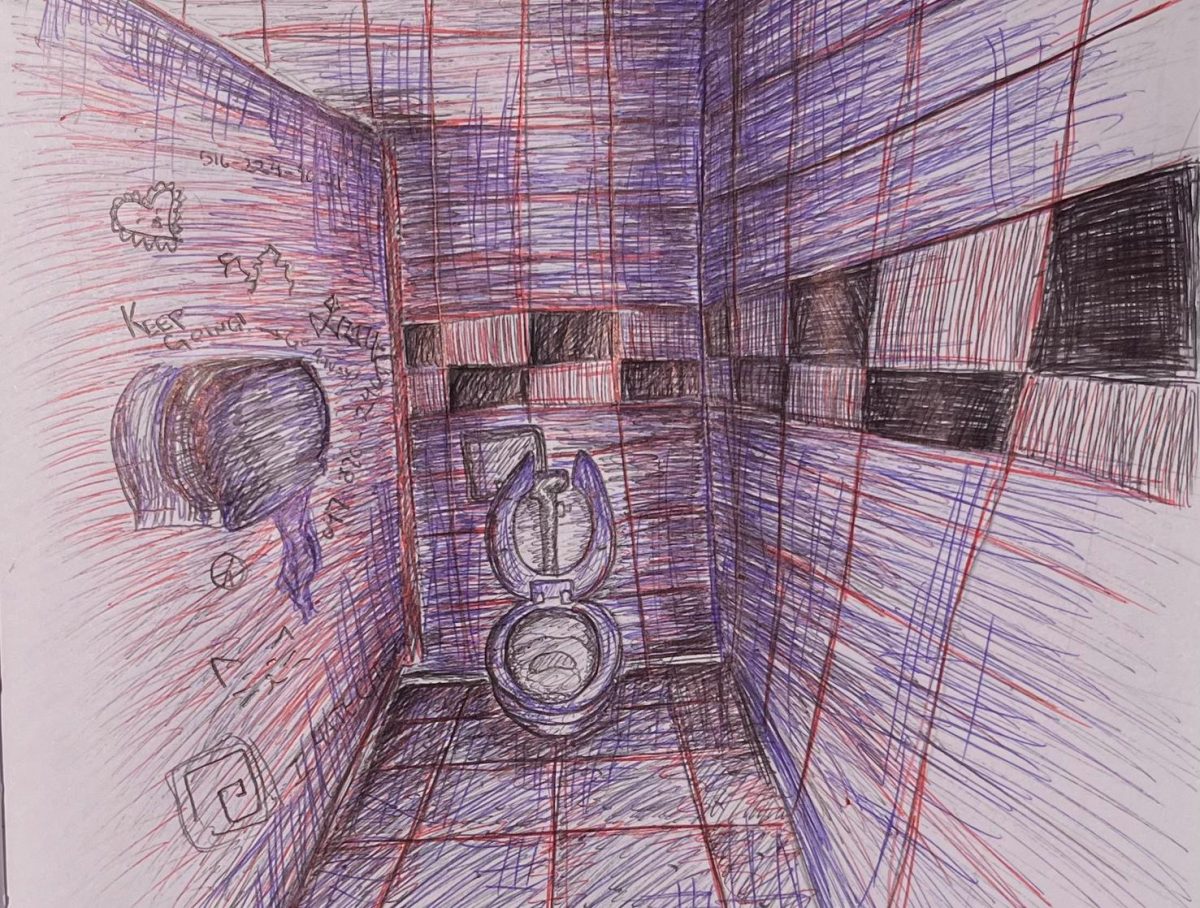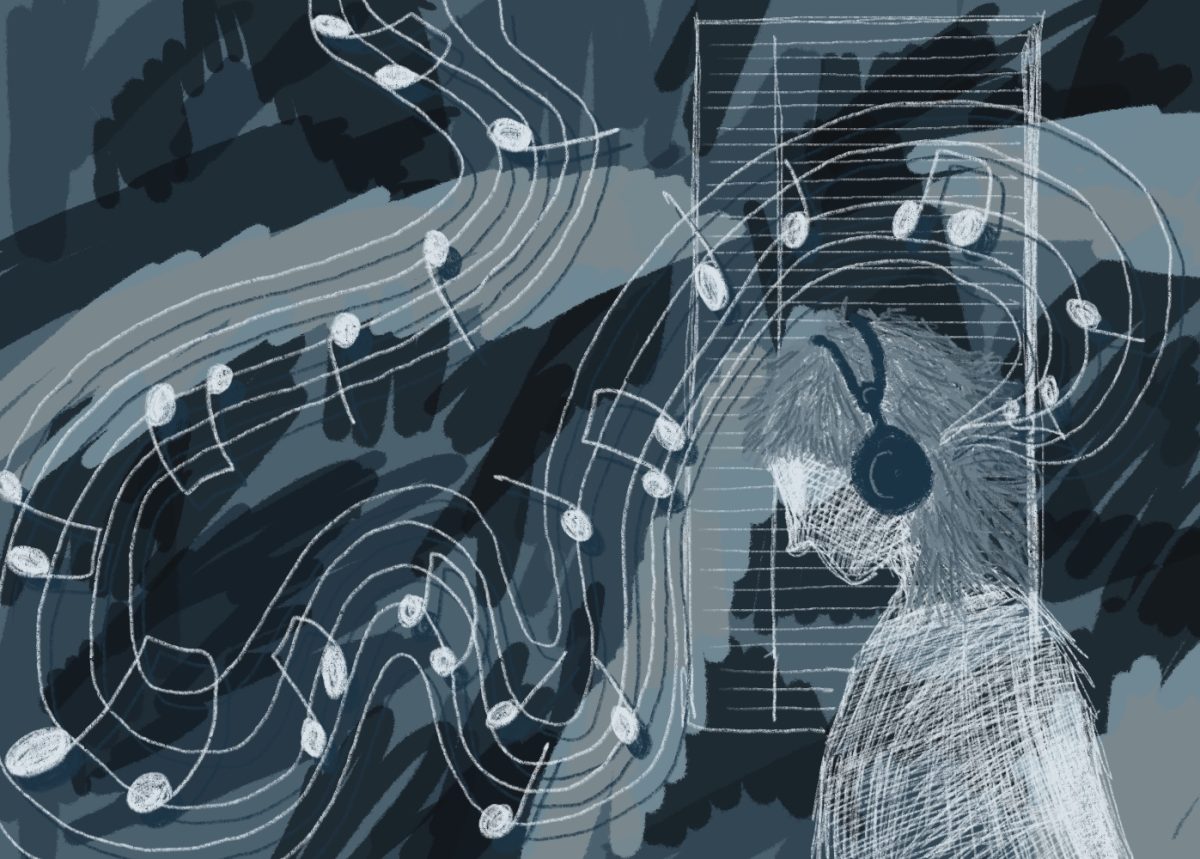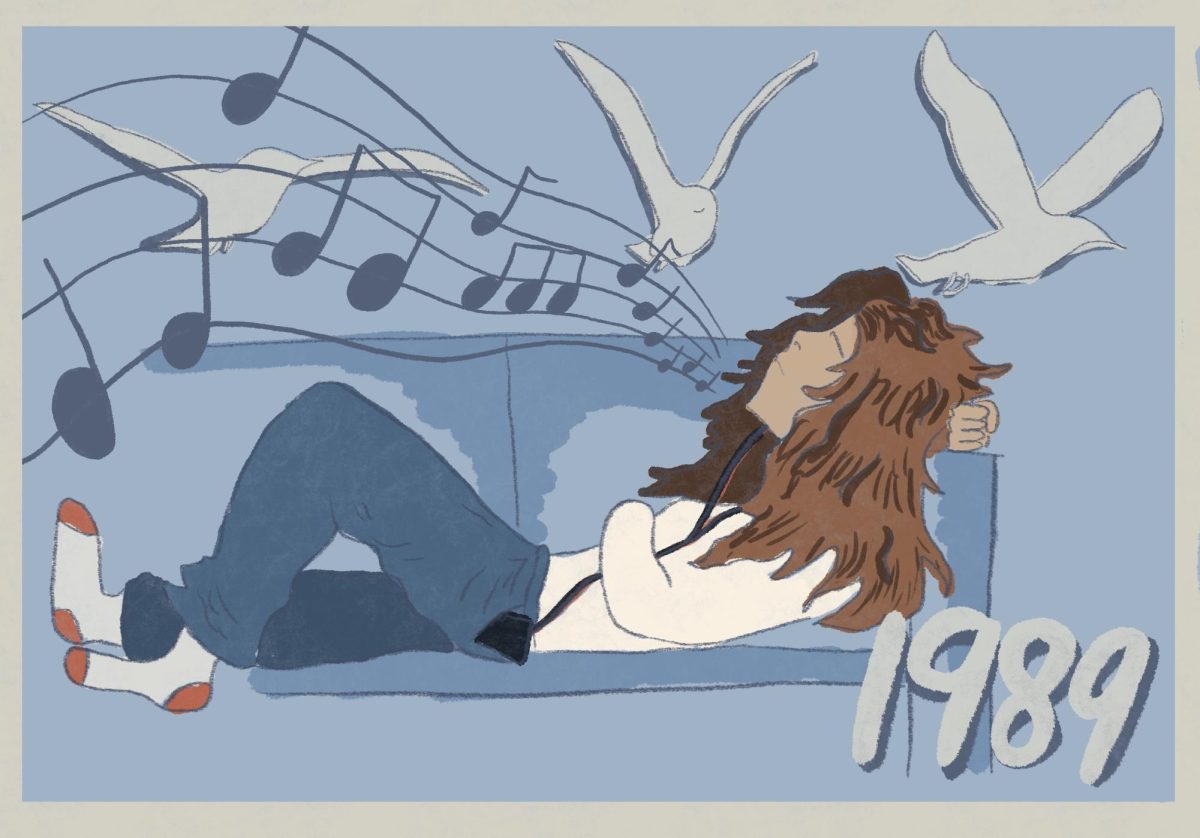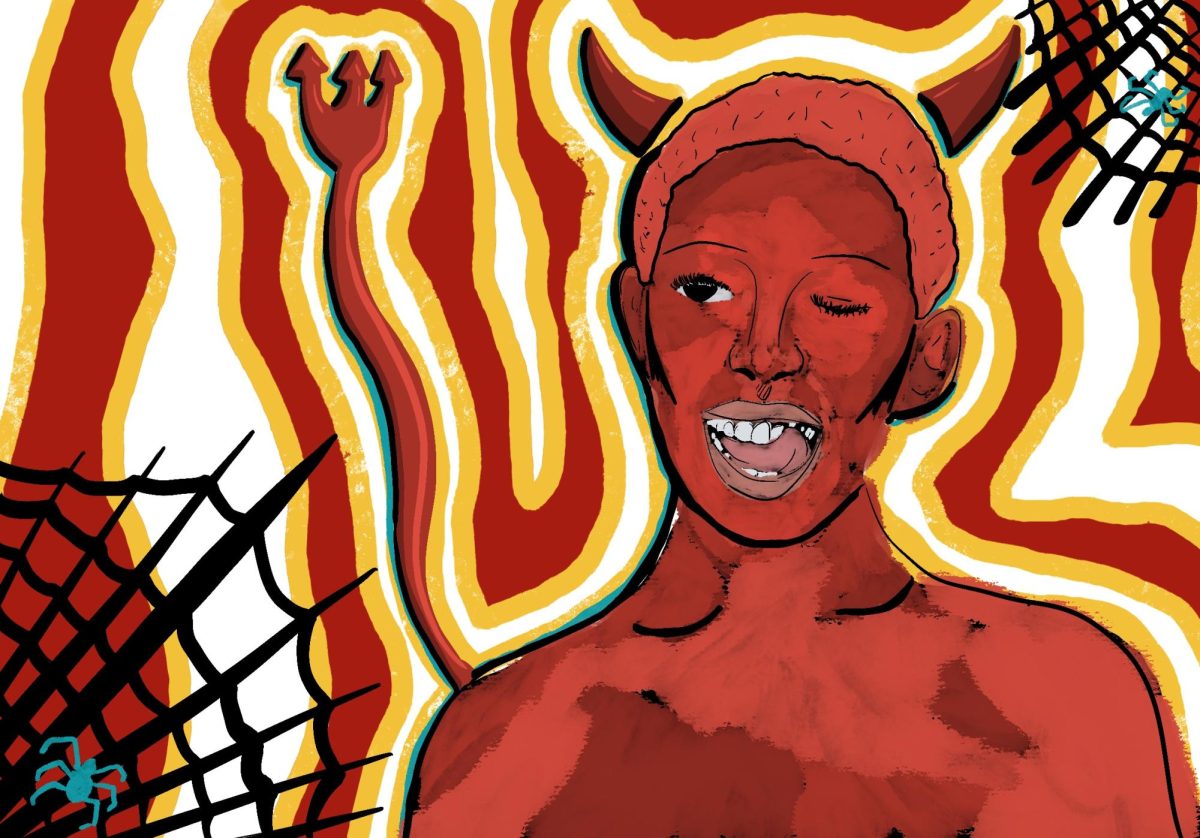David Carr
Writing to take drugs to recover from taking drugs to work at The New York Times to write a book about taking drugs and recovering and working at The New York Times.
With little to report on in the month of August besides presidential hopefuls and the summer Olympics, media junkies and vacationers alike were shocked and tantalized when one of their own, David Carr, released a memoir detailing his lurid double life as a journalist and crack addict while working for various newspapers and dotcoms during the ’80s and ’90s.
Carr is a media and business columnist at The New York Times and at one point, steered the helm at the Washington City Paper, the District’s free weekly.
Carr’s book, whose unfortunate cover prominently features an ominous rolled-up dollar bill, seems to have done much to lend credibility to a genre fraught with debate in recent years: the memoir.
When James Frey, author of the bestseller “A Million Little Pieces,” was ousted on Oprah in 2005 for having embellished what he and his publisher had touted as a factual memoir, it created a watershed of accusations against other writers and polarized the debate over the rules of memoir.
The conservative, academic and journalistic side of the debate called for writers and publishers to be more involved in fact-checking, sourcing and abstaining from blarney-like, artistic freedoms. The liberal, sometimes reckless, wordsmith side of the debate defended authors’ subjectivity, tolled the death knell for objective reporting and argued, basically, that the truth of a memoir lays in the truth of the memory as opposed to the truthful memory.
To write his memoir, Carr went back and painstakingly-to-the-point-of-paranoia, dredged up medical records, journals and court documents. He interviewed family and friends as well as seedy characters from his past to try to get the story right. He is an author afraid of the selective memory of an addict (his own), and perhaps of having the same kind of accusations and controversy that were leveled at Frey, made against him.
Can you imagine going back and interviewing all the girls you never called back, all the drug dealers you ever stiffed on a debt, all the police officers who ever arrested you and all the friends you let down? It seems like an incredibly painful prospect for anyone to take up, and perhaps a little sadistic and narcissistic, too. But as the literature of addiction goes, it’s pretty good.
He is quick to call himself, as a viable source for finding out what he did, into question. He writes, “On the face of it, I am no more qualified to take my own historical inventory than the addict with the fetid dreads who spare-changes people on the subway while singing ‘Stand by Me.’ Ask him how he ended up sweating people for quarters with off-key singing, and he may have an answer, but it won’t be the whole story. He doesn’t know it, and probably couldn’t bear it if he did.”
This is the reason why Carr writes for the Times and James Frey doesn’t.











